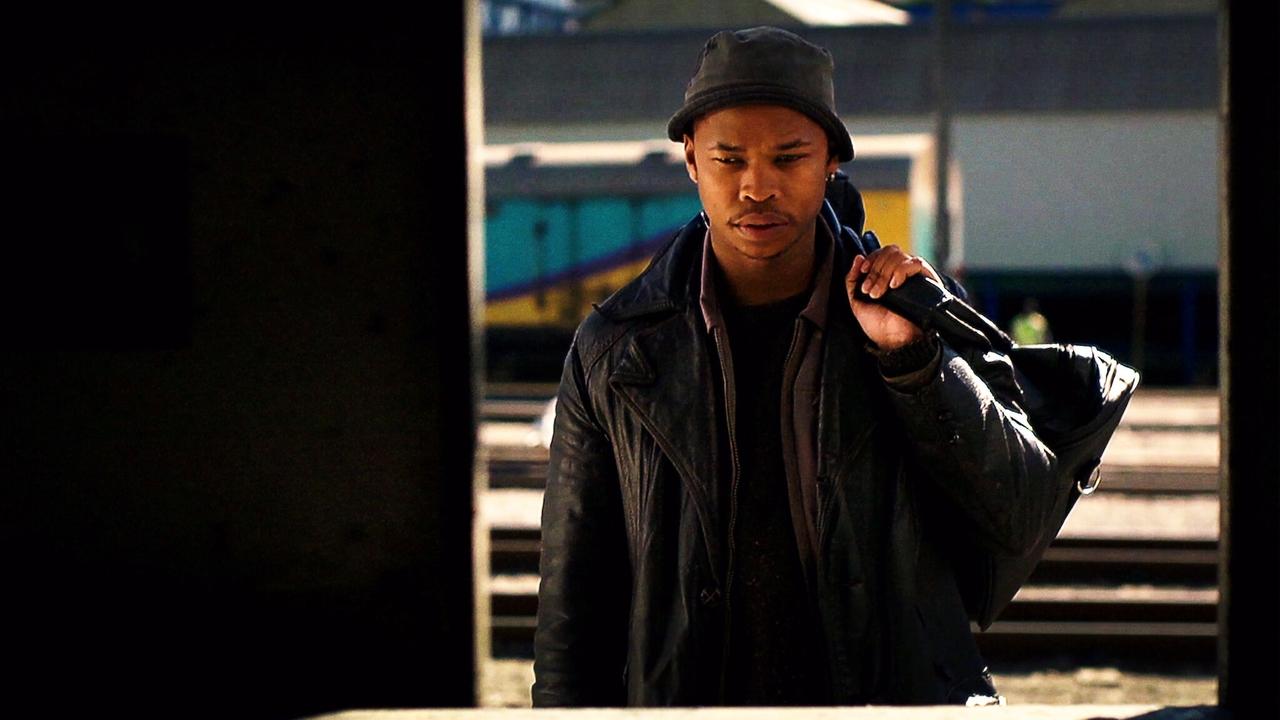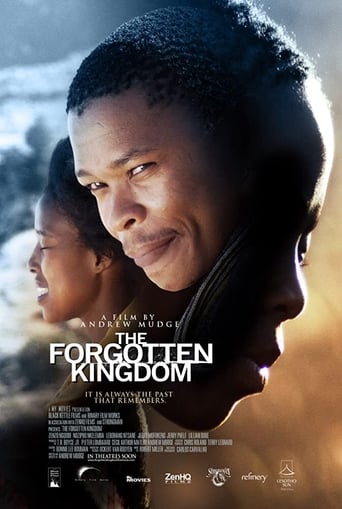


NO SPOILERS.I started watching this on Sky Cinema and almost switched it off after five minutes but, for reasons I can't explain, I let it run on. Lucky me.This is quite likely the most rewarding and beautiful piece of cinematic storytelling I have seen in years. The combination of acting, cinematography and Leone-esque direction all accompanied by a superb and haunting music score left me breathless with admiration and I was left wanting more.The popcorn brigade should stay away but, if you love film, this is a must-see that will remain in the memory as a masterpiece.
... View MoreSuper thought provoking movie, excellent story telling which keeps your full attention to the end. I found the story could be applied to any society proving whatever race , humans are basically the same. A love story with the trials and tribulations of the characters portrayed. I thought the acting was of a high calibre worthy of any cast in the world and was pleasantly surprised by the quality of the casting.The director definitely produced a masterpiece.The location was stunning and gave a real sense of the problems living in Lethoso, the poverty and social tradition was all to apparent and was portrayed in a realistic way.
... View MoreThis movie brings front and center what, after clean air, water, and fertile soil, well may be the main issue facing humanity at this time. What role, if any, do our religions, traditions, mythology, tribal wisdom, family culture and relationships, play in modern life? We're only fooling ourselves when we think we can escape the fundamental problem by imagining that our 'past' - our memories about our experiences and our reactions to them, is objective fact of some kind. But it's not, we don't have the hardware to capture anything like that - those experiences, and especially our judgments about them, are points of view that we've taken that cumulatively shape and color the atmosphere of our lives. They're a personal mythology that both guides us and limits us at the same time. There's a wonderful exchange in the movie where Atang asks his young companion something like - 'What happened to your parents?' The response - 'They were great Basotho warriors. They died defending the kingdom.' Atang mulls over it for a second, and decides, 'Mine went that way too.' We don't know how 'we' got here or really what we're supposed to do. We know our time is limited. We have memories and feelings about our experiences, but little in the way of anything that could be legitimately called objective fact. We decide to interpret our experience in a certain way and it then frames our relationships and forms our personalities. The movie is one man's evolutionary journey toward personal truth, triggered by his father's death, and what a funny, surprising, heartfelt, and beautiful journey it is.
... View MoreI did not know until after viewing The Forgotten Kingdom (2013) that this film, set in Johannesburg and Lesotho, was written and directed by Andrew Mudge. I now find that Mudge has made relatively little on film, and that, at the premiere, he described the film as a coming-of-age drama.Be that as it may, I was not half reminded of all those other stories in Western films where a young boy shows an older stand-offish adult that he knows more than he is being given credit for, as well as of – for all that it has a contemporary setting – such classics as Charlotte Brontë's Jane Eyre and her sister Anne's Agnes Grey. (There were even, from what I know of it, hints of Slumdog Millionnaire (2008).) Films where the protagonist finds roots are inevitably going to have a certain similarity, of course, and there were disapproving mutterings from behind me, when Atang's (Zenzo Ngqobe's) reacquaintance with Dione (Nozipho Nkelemba) seemed to be going too easily, which were maybe satisfied (I shut such noises out, when I could) when matters became more complicated – which, in plot terms, was not unlikely, although I had no foresight as to the path to be taken.Call it a road movie, if you like, but the travel really represents, as Mudge says, a voyage of self-exploration and recapturing the past, against which it appears that Atang, with his habit of abandoning journeys (we see him do so at least four times), has struggled most of his life.Hating his father for having moved him away when his mother died, although he only learns why first from those whom he meets at his father's burial (such as the priest), he comes to realize that he has burnt himself up with this hatred, so that, as he puts it, he no longer knew whether he was hating his father or himself. He has a scorn of things that, having lived in Johannesburg, he thinks himself above, but he learns first that Dineo had lived there, too, and then that terms such as 'Weevil' that his younger travelling companion, excellently brought out by Lebohang Ntsane, levels at him have their truth.Also a sort of Pilgrim's Progress through wonderful landscape, we come to see the life that Atang (by abandoning his name, and turning his back on where he lived), in the words of the title, has forgotten – traditions, ways of living, celebrations. Alongside that story, that of Dineo and her sick sister, and her struggle with her father to care for her and determine her own life.At the end, nothing is promised or certain, but we feel that we can leave the journey to unfold as it will.
... View More